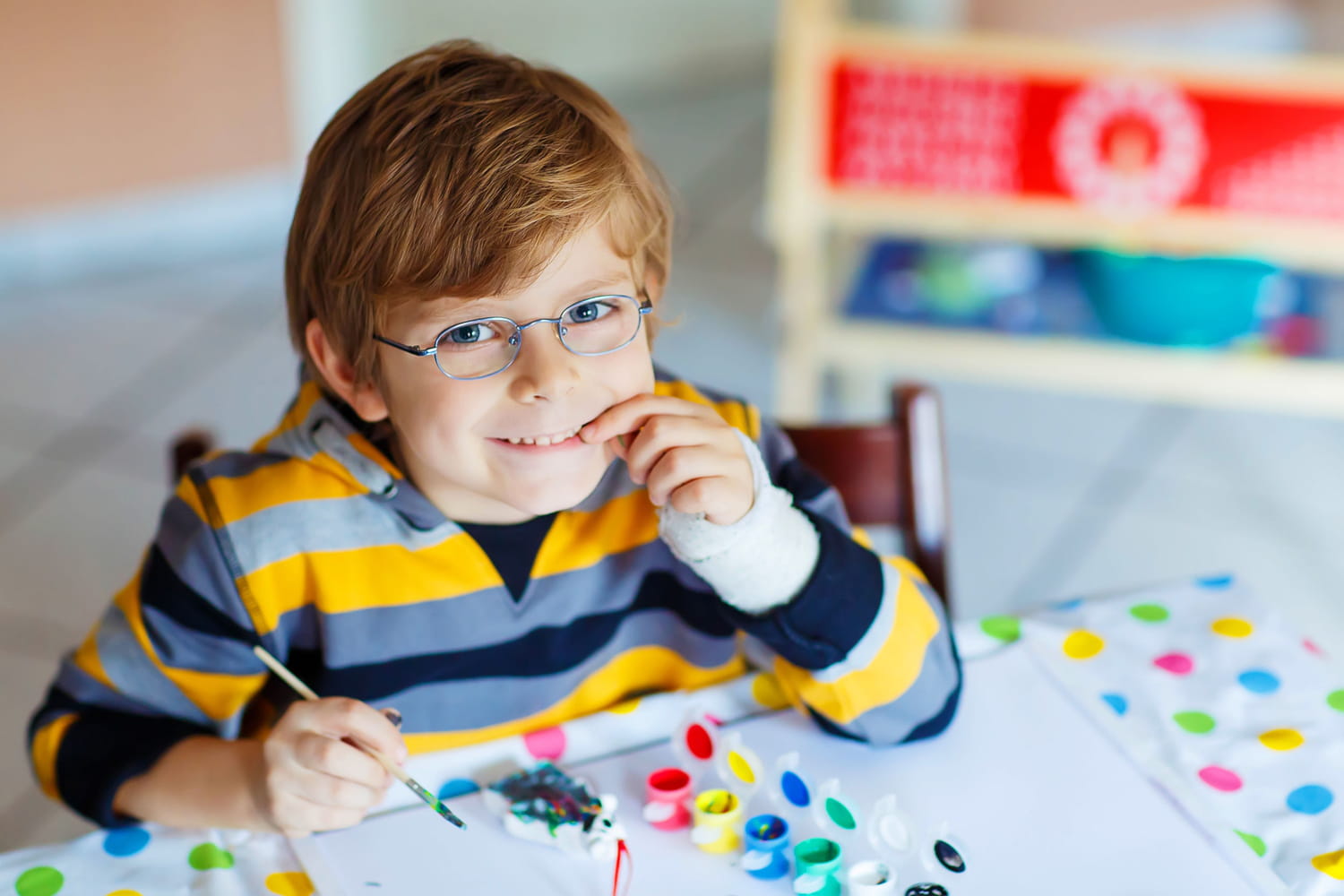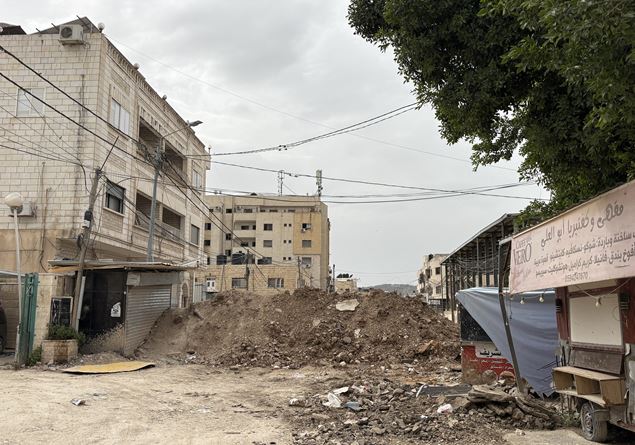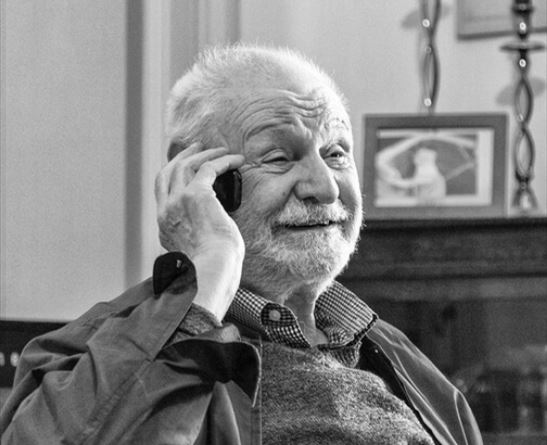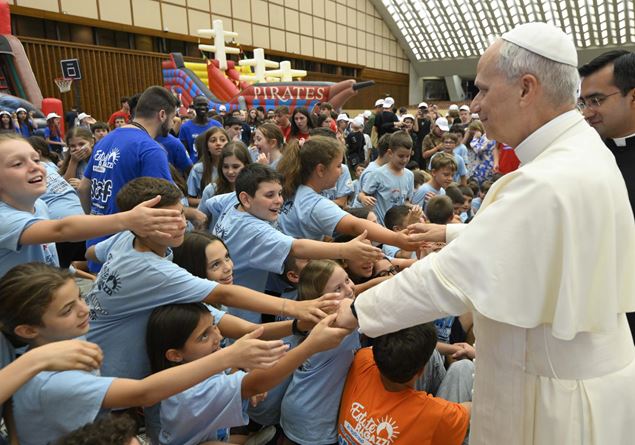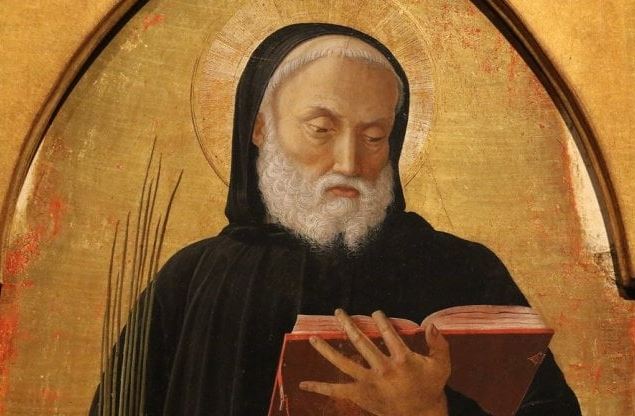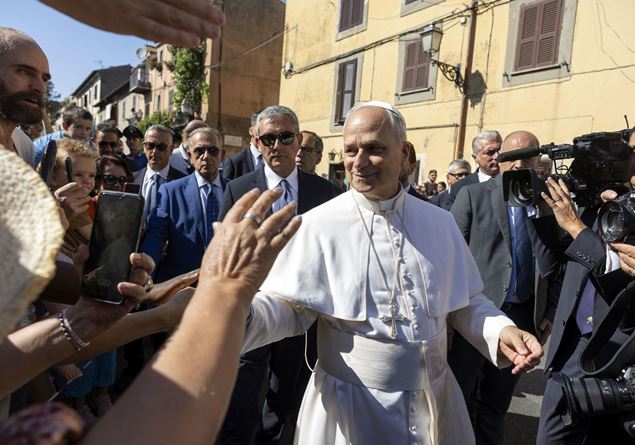by Anna Maria Selini
The crumbled roundabouts. Entering Jenin, northern of the West Bank, they are the road rounds destroyed the first sign of the‘Israeli military operation in progress since 21 January. The monuments and symbols that decorated them have disappeared, overwhelmed by the bulldozers and the tanks directed to the refugee camp of Jenin, what for the Israelis is one of the main “terrorists” Covi of all the West Bank. For the Palestinians, however, it is one of the centers of the armed resistance, but not only. “There is no more resistance, the field has been completely emptied and the people were driven out – says Father Amer Jibran, parish priest of the church of the Holy Redeemer of Jenin – but also the people who had nothing to do with the resistance now have no longer a house”.
The refugee camp is inaccessible, the roads have been barred with heaps of earth and on the roofs, the inhabitants say, there are Israeli snipers. Twenty -two thousand people who have found themselves without a roof and financial support, if not that of relatives and friends. New refugees that are added to the historical ones, given that the field was populated mainly by refugees of 1948, displaced, that is, after the birth of the state of Israel. But in Jenin, Christians also live, five thousand in the whole Governorate, about eighty families in the city. “I have been here since last August – says Father Jibran – when the Israeli army had entered the city and even then the situation was difficult, but after October 7, 2023 (when Hamas and other Palestinian armed groups attacked the South of Israel and the Israeli response against Gaza was taken, killing over 50 thousand people), the difficulties have increased, especially for work”.
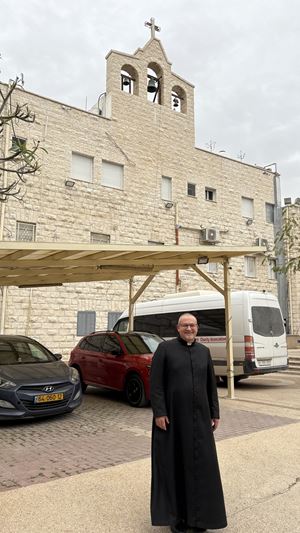
Father Amer Jibran.
The permits for the Palestinians who went to Israel to work were canceled and also Christians, as Palestinians were involved. «Many have lost their jobs – continues Father Jibran – and since the end of January the situation has worsened further. Also moving from one city to another is very difficult, there are twentieth centuries checkpoint throughout the West Bank “.” The new road that connects Jenin to Ramallah is among the most dangerous – explains Omar Harami, director of the Sabel Ecumenical Center – because it passes under the colonies and here in the north the colonists are among the most violent, together with those south of Hebron. They launch stones against the machines with Palestinian plates, but it also happened that they were shooting ». The roads and plates are different for the Palestinians and the Israelis, who in these parts are mainly religious nationalists, that is, convinced that the earth belongs to them by divine law and that the Palestinians should not be there. The latest found to make life to the Palestinians unsustainable and to favor, what some Israeli ministers call “voluntary migration”, are the colored gates. The yellow ones already existed and are used by the Israeli army to close a road. Now, however, there are the orange ones, whose keys, says Harami, “are supplied to the settlers, who can thus keep in the check in whole villages or those who maybe have to go to the hospital”.
Abeer, 62, and her husband Joseph Haddad, 72, live exactly on the corner of Jenin refugee camp, they are Catholics and among their three children there is George, who speaks Italian because he is a Franciscan minor friar, as well as the deputy parish priest of the church of Bethlehem and director of the Santa College land, the oldest school of the Middle East founded by the Franciscans in 1598. And it is he who told the fear tried for the parents, after an Israeli tank has destroyed part of the external wall of their home. «When the war began in Gaza and entered the field – says Fra ‘George – they threw down a wall of home. Then last January, a tank knocked another part of it. The soldiers entered the house and there were two hours left, there were only my mother, my sister -in -law and my nephew. They wanted to know who lived there, what they did; They did not do any other damage, but the wall remained open for weeks, they did not give us permission to cover it. I am very proud of my parents, they are brave, they didn’t want to leave the house, as we children asked: it was three weeks without going out and open the windows ». But Fra ‘George’s parents have not been obliged to leave, unlike the inhabitants of the field, all Muslims, like Faten, who prefers not to say his real name, because like all the Palestinians he is terrified to speak with journalists, given the campaign of arrests in progress throughout the West Bank. “Many – he says – are arrested by the Israelis even for a post on Facebook and is not an exaggeration”.
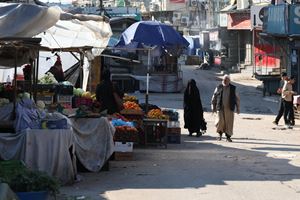
Faten had to leave the field with her husband and two girls. The little girl rolves carefree on the carpet, while the mother barely holds her tears. They found a place in a university student, the schools are closed and the students are not there. They live tight in a decent two -room apartment: a living area, a bedroom and a bathroom, the washing machine shared in the corridor, each family a two -room apartment. «My daughters have been losing the school for more than a year and a half – says Faten – my husband does not work and here we have to pay the rent. The Palestinian National Authority does not help us and we do not know how much we can stay ». The inhabitants of the refugee camp are usually assisted by UNRWA, the United Nations Agency for the Palestinian refugees, but from January the Israeli Parliament has banned it in Israel and limited also in the occupied territories: in fact it no longer operates, despite the enormous needs of the population, in the West Bank with a lot of effort. First he guaranteed education to the children of the field, now he manages to give only primary health care and psychological support to adults and children. “For us Palestinians, education is very important – says Father George – because it is the attempt to give their children at least a safe future, perhaps far away, but everyone wants to return where they sat as children”.



